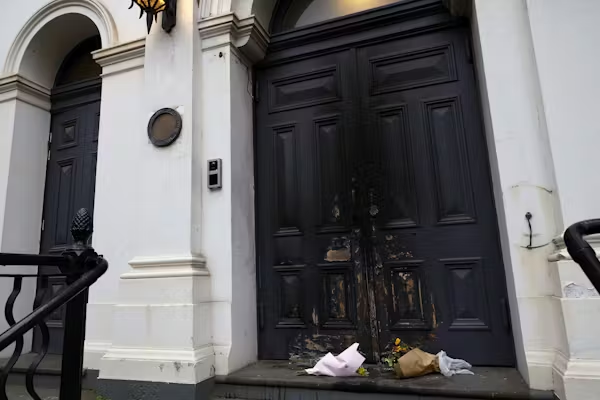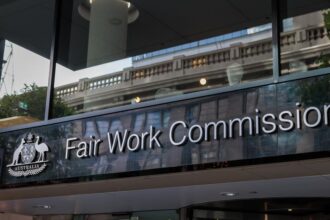A new national antisemitism plan aims to tackle rising hate, yet experts warn it may silence legitimate speech and ignores deeper divides.
Ambitious Measures with Complex Risks
In response to recent arson at the East Melbourne Synagogue and a surge in antisemitic incidents since October 7, the Albanese government appointed Jillian Segal as the nation’s first antisemitism envoy. She unveiled a 20-page plan recommending targeted actions in education, tracking, law enforcement, and online conduct oversight—steps many view as practical and urgent.
These proposals include a law enforcement framework, platform regulation, journalist training, university report cards, and conditional public funding. Yet critics highlight a lack of clarity in the definition of hate. Determining where criticism ends and hate begins presents significant legal and ethical challenges.
Defining Antisemitism vs Criticism of Israel
The plan adopts the IHRA definition, including references to “perceptions” and certain criticisms of Israel. But its application remains contested. Legal expert Ben Saul warns it is vague and too broad, risking unjust restrictions. Amnesty International and others fear the definition may penalize legitimate discourse, especially around Gaza and Palestinian rights.
Segal responded: “The train has moved on…Kenneth Stern has been left behind.” She insists the definition only targets calls for Israel’s elimination. Yet a lack of practical guidance raises concerns—especially when funding, visas, or prosecutions hinge on these subjective judgments.
Rebuilding Trust Requires Nuanced Engagement
Acts like synagogue arson clearly breach hate laws. But coded language, satire, and protest blur the line. Some groups decry the potential for universities and cultural bodies to face funding cuts for ‘inappropriate speech’. Critics see this as punitive and lacking nuance.
The envoy stresses that genuine antidotes to antisemitism lie in intercultural contact. Mentality-shifting work—like interfaith tours, joint educational programs, and community dialogues—can foster mutual respect. In a divided climate, rebuilding trust will take sustained, shared efforts.






